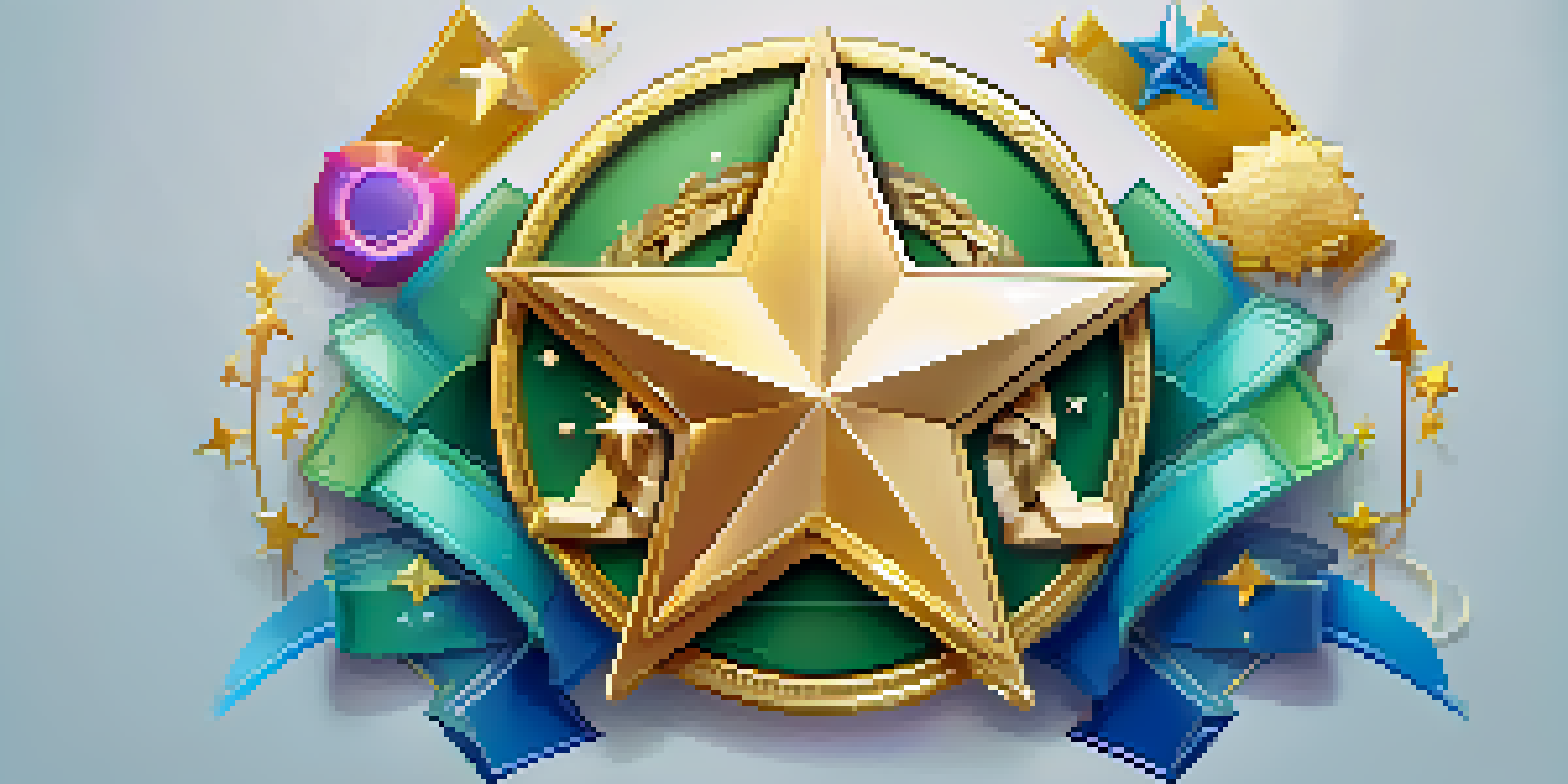Creating Digital Badges: NFTs for Skill Recognition in Education

Understanding Digital Badges and NFTs in Education
Digital badges are virtual representations of skills or achievements that learners can earn through various educational experiences. These badges can be displayed on online profiles, showcasing a student's competencies to potential employers or educational institutions. NFTs, or non-fungible tokens, take this concept a step further by providing a secure, verifiable way to represent these badges on the blockchain.
Why Use Digital Badges for Skill Recognition?
Digital badges offer a modern solution to skill recognition, making learning achievements more visible and accessible. Unlike traditional diplomas or certificates that can gather dust, badges are dynamic and can be shared easily on social media or professional platforms like LinkedIn. This instant recognition not only motivates learners but also helps employers quickly identify candidates with the right skills.
Digital Badges Enhance Skill Visibility
Digital badges make learning achievements easily shareable and recognizable, motivating learners and aiding employers in identifying qualified candidates.
The Role of NFTs in Securing Digital Badges
NFTs provide a level of security and authenticity that traditional digital badges lack. Each NFT is unique and cannot be replicated, ensuring that the badge holder's achievements are genuine and verifiable. This authenticity can significantly enhance a learner's credibility, fostering trust among employers and educational institutions alike.
Creating Your Own Digital Badges
Creating a digital badge involves defining the skill or achievement you want to recognize and designing an appealing badge graphic. Consider what criteria a learner must meet to earn the badge, as this will guide the evaluation process. Once designed, you can mint the badge as an NFT, ensuring it is recorded on the blockchain for authenticity.
NFTs Secure Authenticity of Badges
NFTs provide unique, verifiable digital badges that enhance a learner's credibility and trustworthiness in the eyes of employers.
Integrating Digital Badges into Educational Programs
To effectively incorporate digital badges into your educational program, start by aligning them with learning objectives and outcomes. This ensures that the badges are meaningful and relevant to both learners and employers. Collaborating with industry partners can also help in designing badges that reflect the skills in demand in the job market.
Challenges and Considerations in Implementing Badges
While digital badges and NFTs offer numerous benefits, there are challenges to consider, such as technology access and understanding among educators and learners. It's essential to provide training and resources to help all stakeholders feel comfortable with this new system. Additionally, establishing clear criteria for earning badges will prevent confusion and maintain their value.
Future of Skill Recognition is Bright
The integration of digital badges and NFTs in education is set to transform how skills are recognized, leading to a more personalized and competency-based approach.
The Future of Skill Recognition with Digital Badges
Looking ahead, the use of digital badges and NFTs is likely to expand, becoming a standard in skill recognition across various sectors. As more educational institutions and employers adopt this technology, we may see a shift in how achievements are valued in the job market. This evolution promises a more personalized and competency-based approach to education.
Conclusion: Embracing Digital Badges for a New Era
In conclusion, digital badges and NFTs are revolutionizing how we recognize and validate skills in education. By embracing this innovative approach, we can provide learners with better opportunities and clearer pathways to success. As we move forward, fostering a culture that values and recognizes diverse skills will be crucial in preparing students for the future.